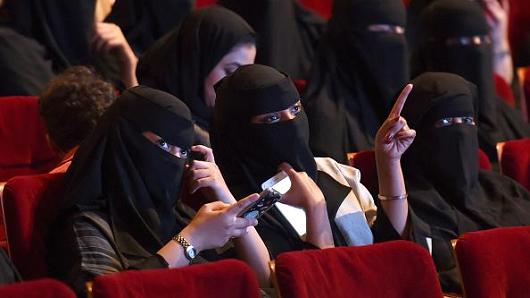Bills propose state holidays for minority faiths in Michigan, including Eid
by Niraj Warikoo from the Detroit Free Press
As the religious and cultural diversity of Michigan grows, some are hoping that the faiths of minority groups can be recognized with state holidays.
To that end, a group of state representatives introduced this week four bills that would make holidays celebrated by Muslims, Hindus, Sikhs, East Asian Americans and others state holidays.
The package of bills would classify Eid al-Adha, Eid al-Fitr, Diwali, Vaisakhi and Lunar New Year as state-recognized holidays. Another bill introduced this week by State Rep. Helena Scott, D-Detroit, seeks to make Juneteenth a state holiday, though that day was already made an official state holiday last year by the Michigan Civil Service Commission after labor negotiations and by the Michigan Supreme Court.
“Our state’s greatest assets are the various ethnic and religious backgrounds and beliefs that make up our communities,” House Majority Whip and State Rep. Ranjeev Puri, D-Canton, told the Free Press by phone. “And so, any way that we can uplift those voices, I will be looking to do that.”
The bills by themselves would not necessarily lead to creating additional days off for state employees; that process is done through the Michigan Civil Service Commission or by the Michigan Supreme Court for court employees.
Puri, whose Canton area district includes a sizable population of Indian Americans, is the sponsor of the Diwali and Vaisakhi bills that recognize holidays often celebrated in Hindu and Sikh communities. Another bill, introduced by House Majority Floor Leader and State Rep. Abraham Aiyash, D-Hamtramck, would designate the two Eid holidays Muslims celebrate. Hamtramck has one of the highest percentages of Muslim residents in the U.S. The fourth holiday bill, introduced by State Rep. Sharon MacDonell, D-Troy, would make Lunar New Year a state holiday. About 29% of Troy’s residents are Asian American, many of whom celebrate the Lunar New Year and Diwali. There are also many outside the representatives’ districts who celebrate the various holidays.
“By recognizing these holidays, we are not only showing our respect and appreciation for the traditions and beliefs of our fellow Michiganders, but we are also sending a powerful message of inclusion and unity,” Puri said in a statement.
Puri said that if the bills were to become law, they would not lead to state offices being shut down on those days or state employees getting the day off. But passing the bills could help get the communities more recognition on a state level, leading to private employers or school districts being more open to allowing workers and students off on those days. Last week, the city of Dearborn, whose population is 47% Arab American, became what officials and advocates say is the first municipality in U.S. history to shut down City Hall offices for Eid al-Fitr, along with its courts and public libraries. Some school districts in metro Detroit have shut down for minority religious holidays for years, including for Jewish holidays in the spring and fall in the West Bloomfield School District and for Eid in Dearborn Public Schools and Detroit Public Schools.
The bills if passed would help make “our state a little bit more inclusive and getting all these kinds of largely marginalized communities some more recognition at the state level,” said Puri, a son of Indian immigrants who is the first Sikh to serve in the state legislature.
There are currently 12 holidays recognized by the state, 13 if you include Election Day on even-numbered years. Two of the state holidays are the Christian holidays of Christmas and Christmas Eve. Jewish holidays are not included and not mentioned in the four bills.
Kurt Weiss, spokesman for the Michigan Civil Service Commission, explained how the process works to create holidays.
“Holidays for state-employee civil servants are determined by the Michigan Civil Service Commission under its authority under the state constitution to regulate conditions of employment for the state classified civil service,” Weiss said in an email Friday to the Free Press.
About two-thirds of employees have their holidays determined through labor negotiations and the remaining third through civil services rules.
“Further changes to state holidays for state civil servants would require similar bargaining and commission action,” he said.
State employees currently can take up to two days off for any religious day, or non-religious event, of their choice.

















2023
614 views
views
0
comments